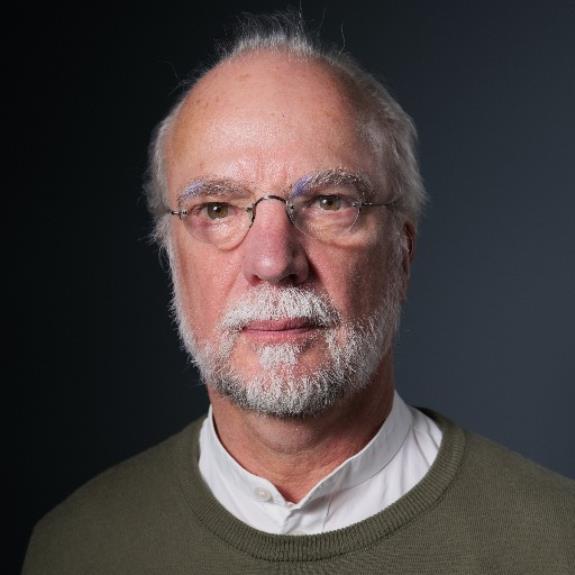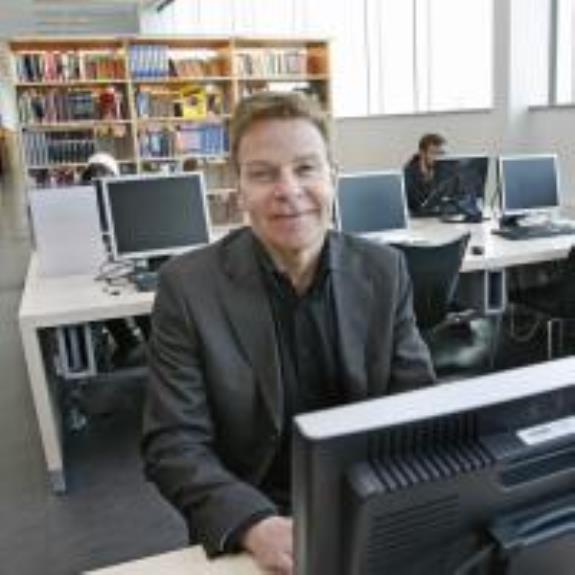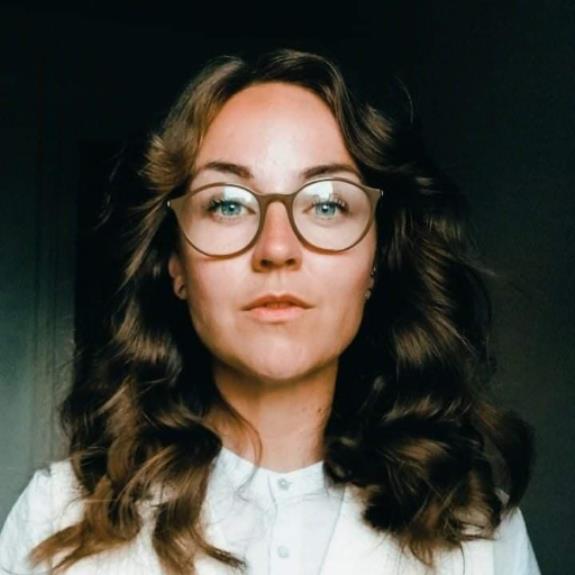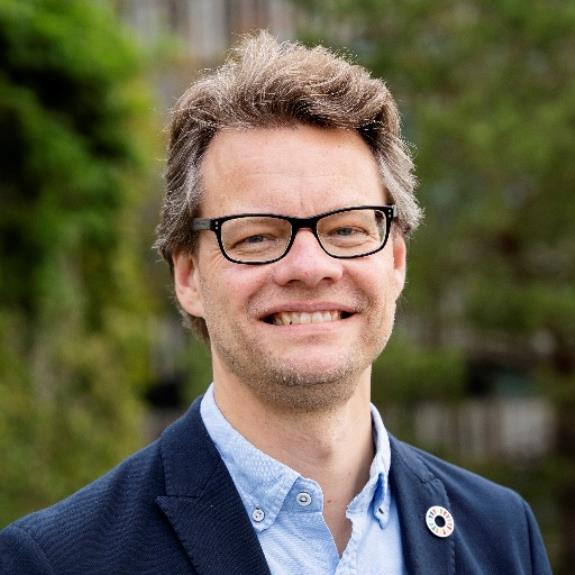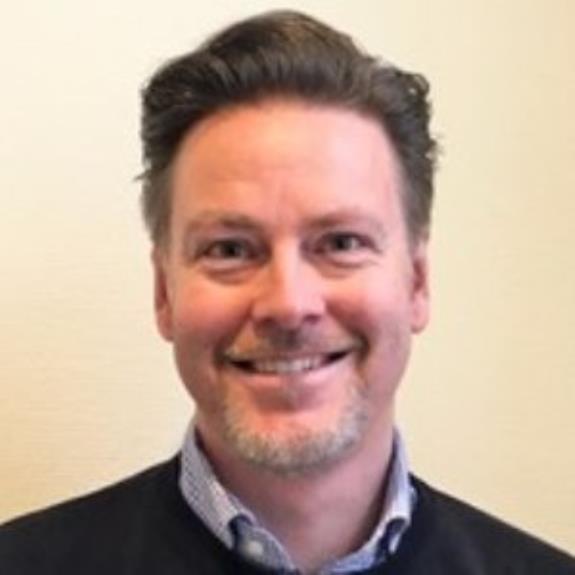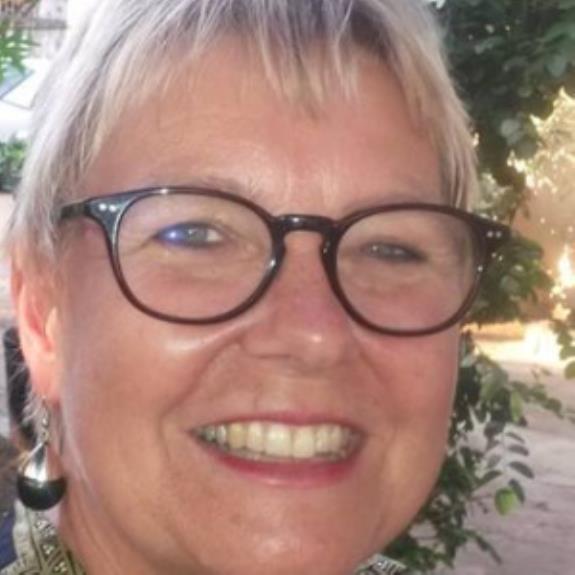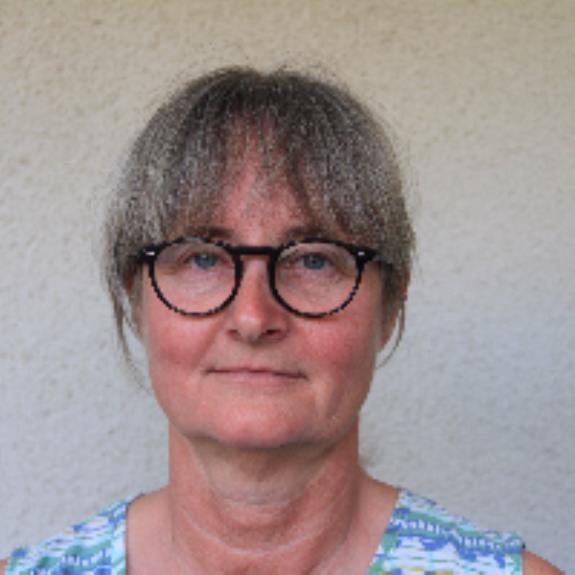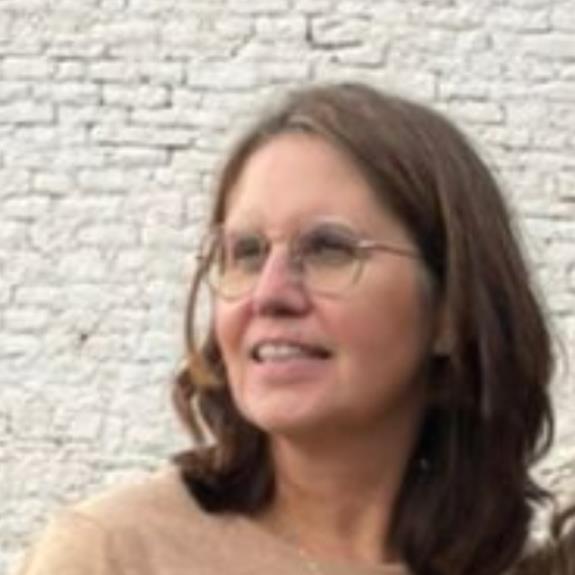We use cookies on this website. Cookies help us deliver the best experience on our website. Read about cookies.
-
- Education
- Education
- Programmes and courses
- Applications and admissions
- Tuition fees
- Scholarships
- Exchange studies at Malmö University
- Study Guidance
-
- After admission
- After admission
- Moving to Malmö
- Pre-orientation
- Arrival guide
-
- About studies at Malmö University
- About studies at Malmö University
- Why choose Malmö University
- Understanding university studies
- Connect with our students
On the page -
- Research
- Research
-
- Doctoral studies
- Doctoral studies
- Doctoral courses
-
- Doctoral schools
- Doctoral schools
- Education, Learning and Globalisation
- Doctoral school: Learning in Multicultural Societal Contexts
- ComBine
- Swedish National Graduate School in Science and Technology Education Research
- Doctoral school: Relevancing Mathematics and Science Education (RelMaS)
- Doctoral school: Sustainable Movement Education
- Finding ways in a time of great future challenges (FinnFram)
- Doctoral school: Pedagogy and Vocational Skills
- Doctoral school: Culturally Empowering Education through Language and Literature
- Research subjects
-
- Research centres
- Research centres
- Biofilms Research Centre for Biointerfaces
- Citizen Health
- Imagining and Co-Creating Futures
- Institute for Urban Research
- Malmö Institute for Migration Studies
- Literacy and Inclusive Teaching
- Centre for Work Life Studies
- Sustainable Digitalisation Research Centre
- Centre for Sexology and Sexuality Studies
-
- Research publications
- Research publications
- Search publications
- Malmö University Press
- Research events
- Participate in a research study
- Coffee Break Quiz
On the page -
- Collaboration and Innovation
- Collaboration and Innovation
-
- Areas of collaboration
- Areas of collaboration
- Muvah
- Innovation
- Collaboration with students
-
- Collaborate with researchers
- Collaborate with researchers
- Labs and facilities
- Culture collaboration
- Support Malmö University
- Alumni & Friends
On the page -
- About us
- About us
-
- Faculties and departments
- Faculties and departments
-
- Faculty of Culture and Society
- Faculty of Culture and Society
- Department of Urban Studies
- Department of Global Political Studies
- School of Arts and Communication
-
- Faculty of Education and Society
- Faculty of Education and Society
- Department of Childhood, Education and Society
- Department of Sports Sciences
- Department of Natural Science, Mathematics and Society
- Department of School Development and Leadership
- Department of Culture, Languages and Media
- Department of Society, Culture and Identity
-
- Faculty of Technology and Society
- Faculty of Technology and Society
- Department of Computer Science and Media Technology
- Department of Materials Science and Applied Mathematics
- Faculty of Odontology
- University Dental Clinic
-
- Find and contact Malmö University
- Find and contact Malmö University
- Visit Malmö University
- News and press
- Map of the buildings (Google Maps)
- Merchandise
- Whistleblowing
- Management and decision-making paths
-
- Vision, objectives and strategy 2025
- Vision, objectives and strategy 2025
- Global engagement
- Sustainability
- Widened recruitment and participation
- Quality assurance work at the University
-
- Malmö Academic Choir and Orchestra
- Malmö Academic Choir and Orchestra
- Student work – video pieces
-
- Annual Academic Celebration
- Annual Academic Celebration
- Academic traditions
- Meet our new professors
- The University in a troubled world
On the page
Department of Natural Science, Mathematics and Society
Mathematics and Society
The Department of Natural Science, Mathematics and Society conducts research and development and trains science teachers in mathematics, biology, physics, chemistry, technology and geography. The department’s interest is focused on teaching and learning from various cultural and social perspectives.
Education at Natural Science, Mathematics and Society
The department's goal is to train teachers who have the ability to offer students from preschool to upper-secondary level increased knowledge in the fields of natural science, mathematics, technology and geography. Our courses and study programmes also place a great deal of emphasis on lifelong learning.
Four main subject areas
The education we offer is intended to increase knowledge of teaching and learning in natural sciences and mathematics from preschool to upper-secondary level. The department conducts study programmes and freestanding courses in the following subjects:
- Geography
- Mathematics
- Science
- Technology
We also offer a number of courses for professional development within the Lärarlyftet programme for teachers wishing to supplement their teaching certificate.
Research
The educational research adopts a variety of theoretical perspectives and subjects, departing from science and mathematics education, as well as from studies in geography and technology education. Our research is characterized by cultural, societal and sustainability aspects that shape educational context from teaching and learning at different levels within the educational system as well as in informal learning contexts. This unfolds in topics such as Social inclusion and exclusion in education, Language and communication, Bildung, Literacy and education, Environmental and Climate perspectives as well as Gender, Sexuality and Identity.
Research centre, programme and doctoral schools in collaboration
Researchers, publications and research projects

Huda Alhadi Alhasani
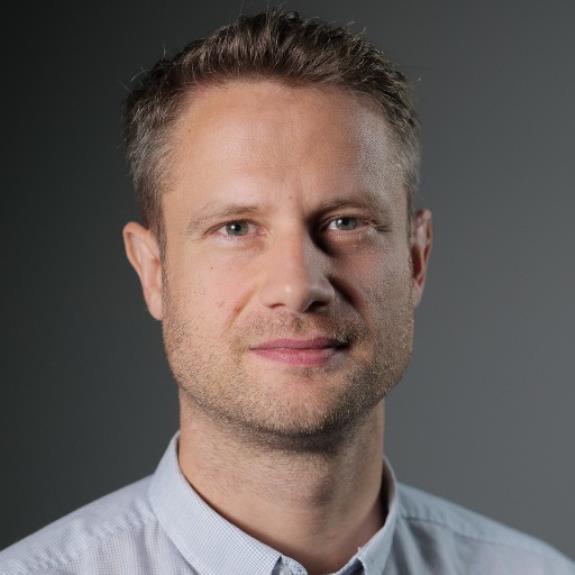
Christian Andersson
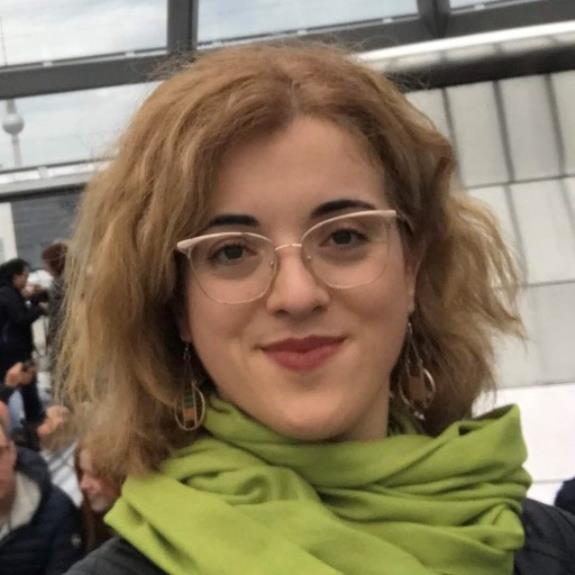
Vildana Basic
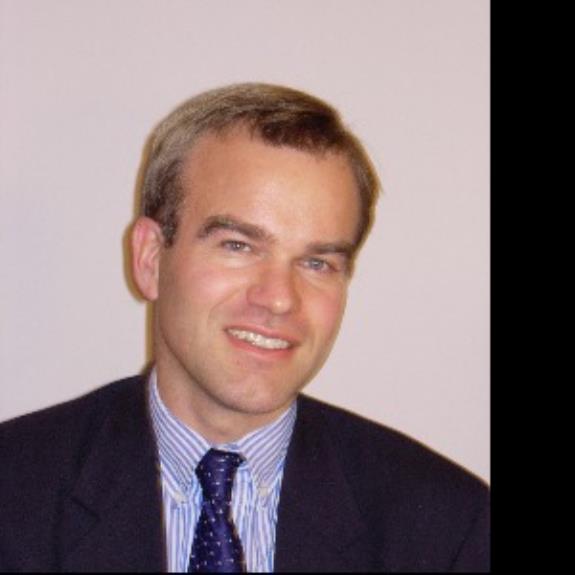
Peter Bengtsson
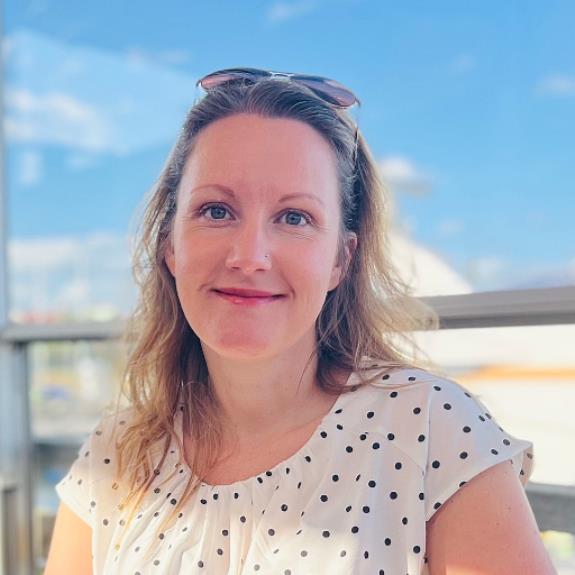
Sanne Björklund
Lisa Björklund Boistrup
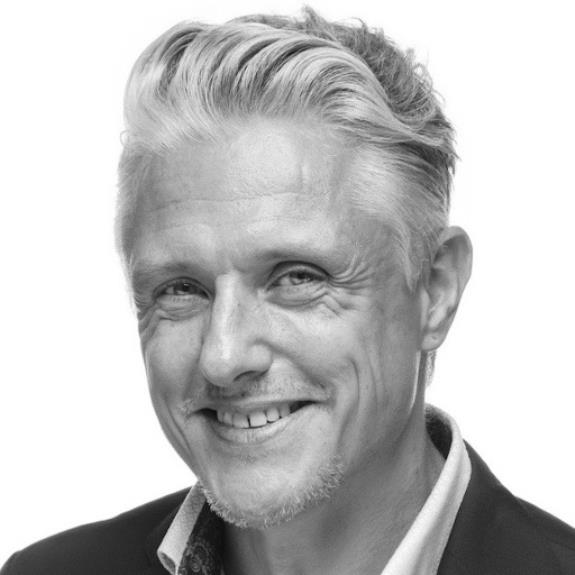
Paul Clucas
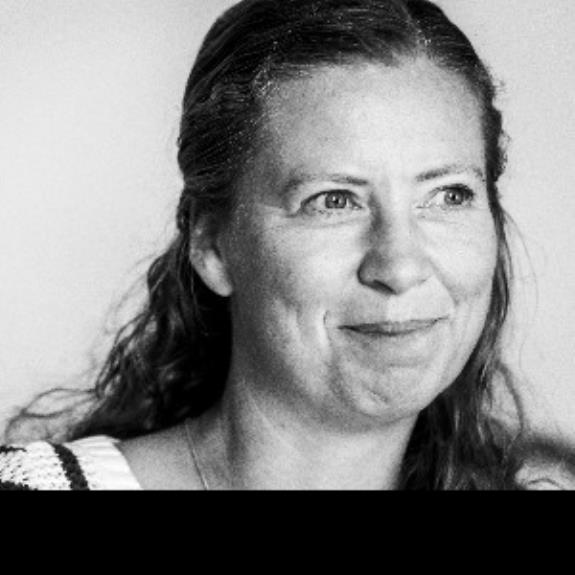
Eva Davidsson
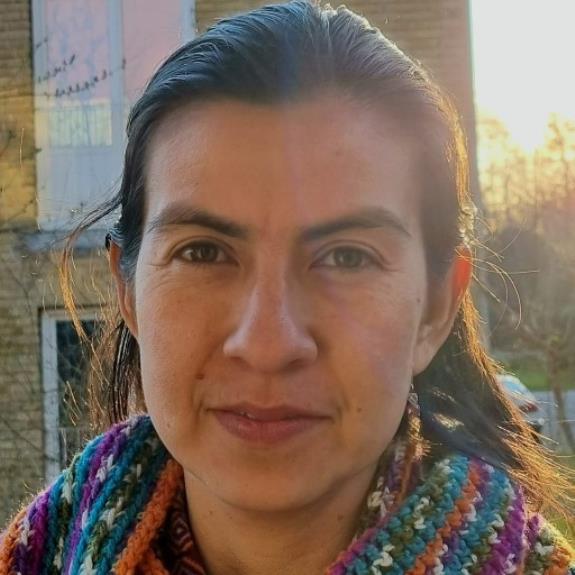
Lucely Figueroa Suarez
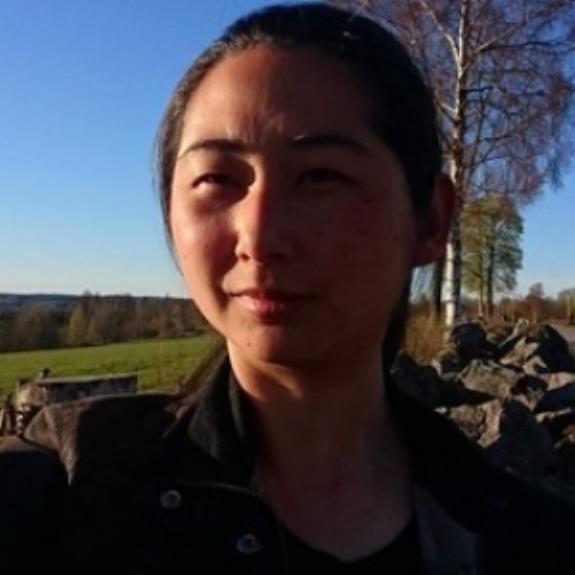
Rebecka Fingalsson
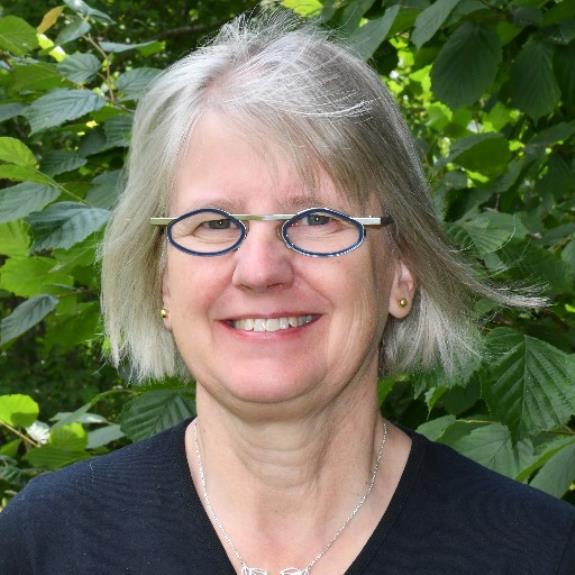
Pernilla Granklint Enochson

Helen Hasslöf
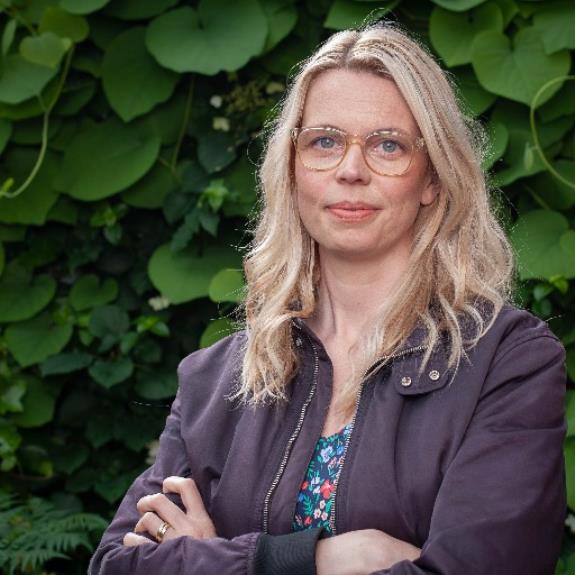
Hanna Hofverberg
Ingvar Holm
Annika Karlsson
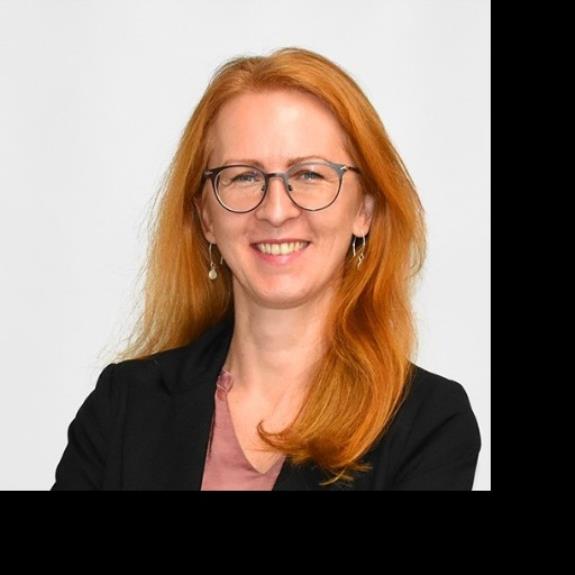
Dorota Lembrer
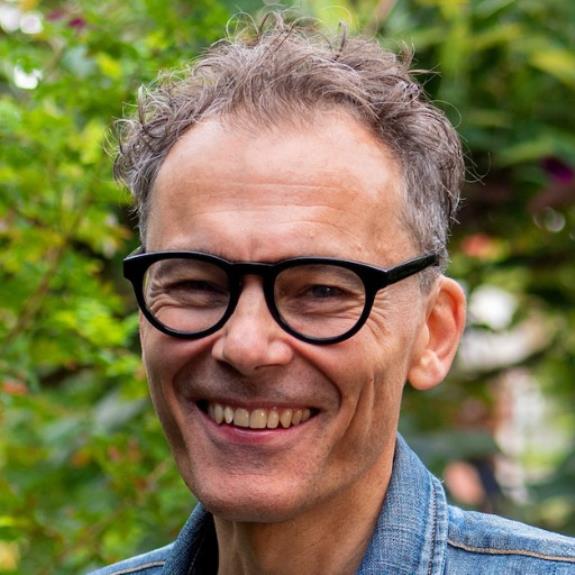
Johan Lind

Mats Lundström
Johan Nelson
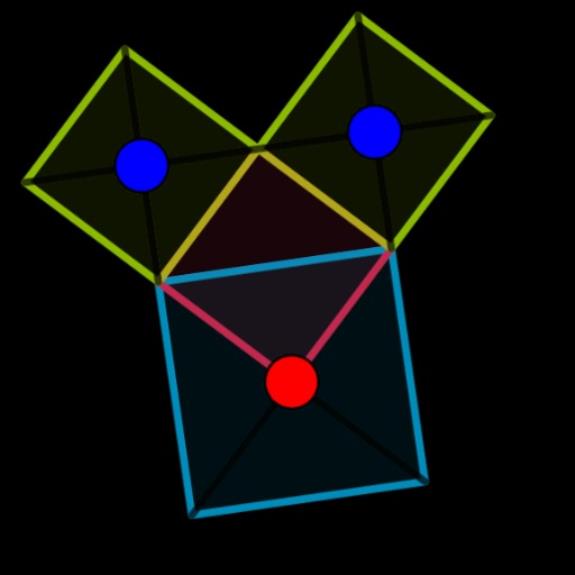
Jöran Petersson
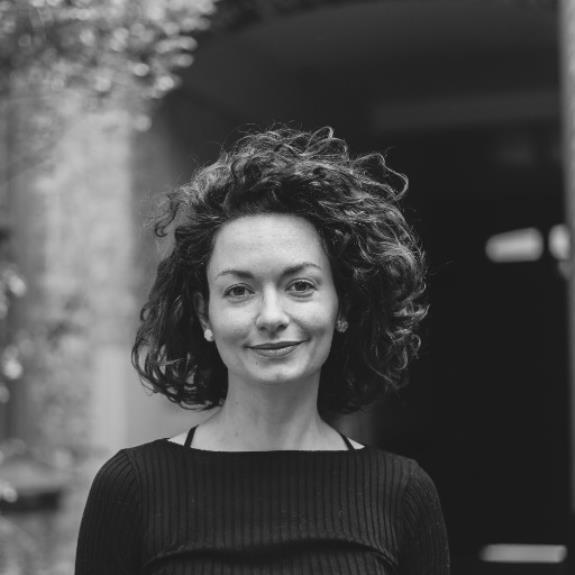
Valentina Pivotti
Agneta Rehn
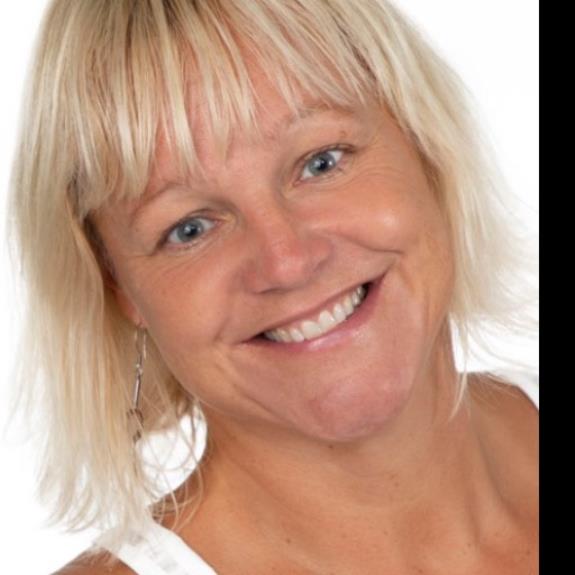
Helena Roos

Ulrika Ryan
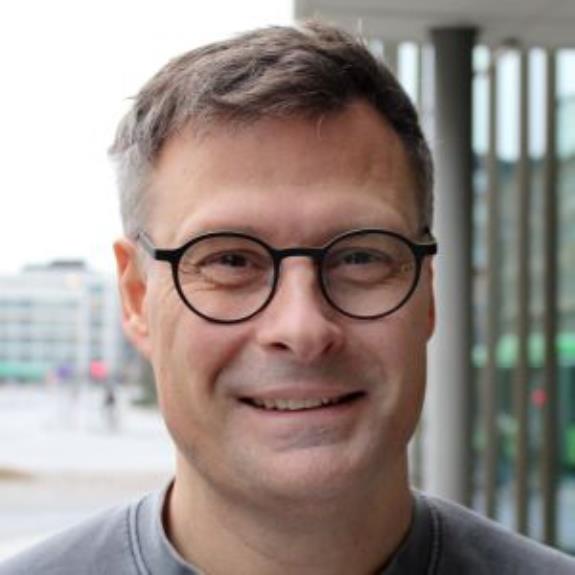
Per Schubert
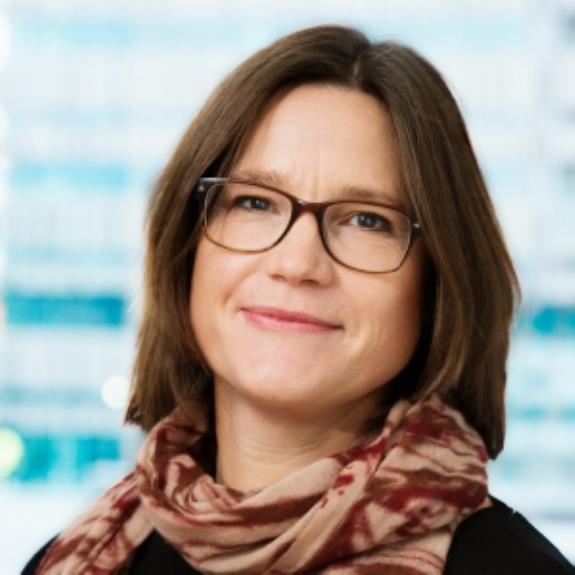
Margareta Serder
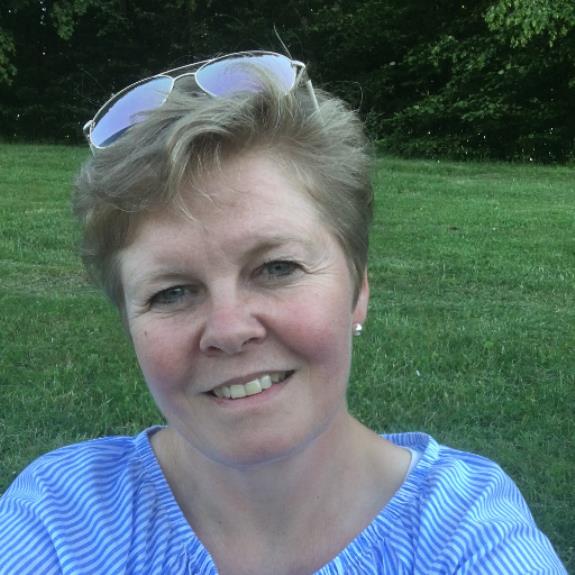
Maria Silwer
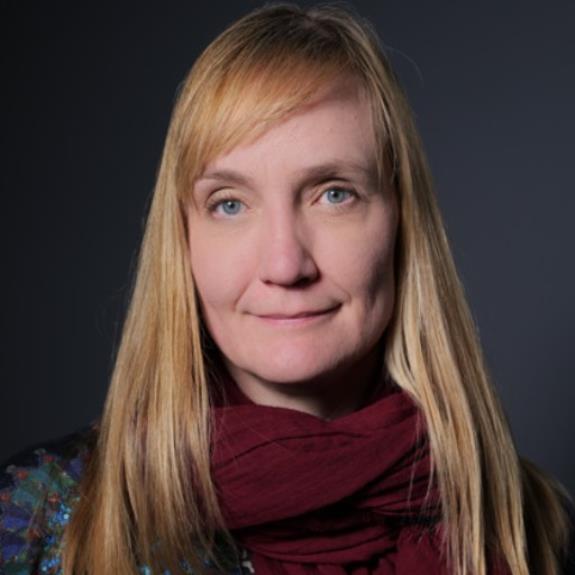
Marie Sjöblom
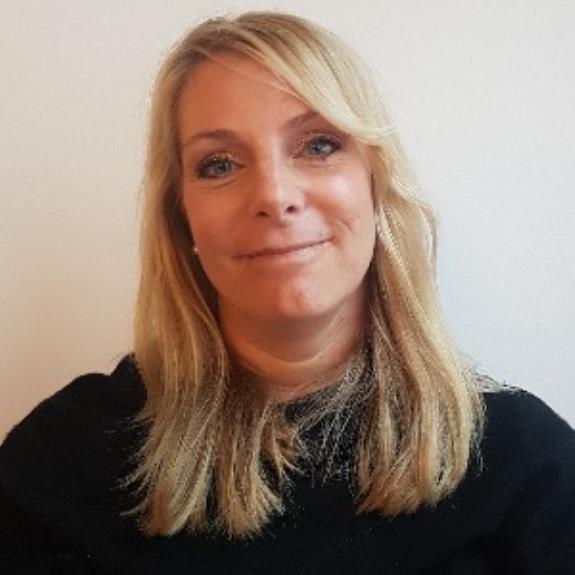
Petra Svensson Källberg
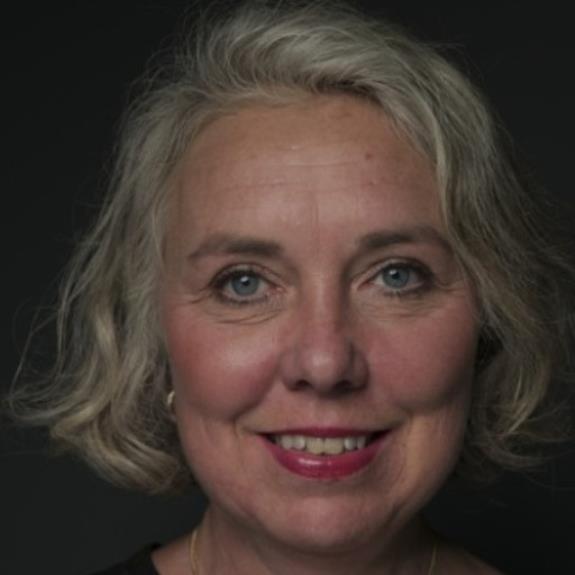
Anna Wernberg
-
 Research project
Research projectResearching the Teaching and Learning of Action Competence in Relation to Sustainability
hanna.hofverberg@mau.se -
 Research project
Research projectAssessment in mathematics with a focus on digital resources and students' identity development
maria.silwer@mau.se -
 Research project
Research projectDoing School, Doing Mathematics
irina.johansson-carlen@mau.se -
 Research project
Research projectMaking Mathematics Education Accessible: A Study on How Teacher Education Prepares Pre-Service Teachers for Teaching in Language-Diverse...
huda.alhadi-alhasani@mau.se -
 Research project
Research projectHealth in learning and teacher training (HILL)
lisa.hellstrom@mau.se -
 Research project
Research projectSpaces for multilingualism? An interdisciplinary study of pedagogical potentials and limitations of multilingual approaches and activities...
pia.nygard-larsson@mau.se -
 Research project
Research projectThe Mathematics is MInE - Mathematics education for Inclusion and Equity
helena.roos@mau.se -
 Research project
Research projectHow do co-creation processes affect students' science and sustainability capital and thoughts for future?
-
 Research project
Research project"Preschool-Naturing" in the Anthropocene
sanne.bjorklund@mau.se -
 Research project
Research projectCritical thinking Discourses in Mathematics Education on Big Data
christian.hans.andersson@mau.se -
 Research project
Research projectCritical mathematics education in a context of climate change
magnus.odmo@mau.se -
 Research project
Research projectExperiences and Memories of Sex Education in School
rebecka.fingalsson@mau.se
-
2025 | Conference paper
Theoretical and methodological aspects of transdisciplinary education: Mathematics and the socio-ecological
Lisa Björklund Boistrup, Magnus Ödmo, Ann-Sofi Röj-Lindberg, Mats Braskén
-
2025 | Conference paper
Mathematical AI-Modeling in the Socio-Ecological: Futuring Critical Mathematics Education
Christian H. Andersson, Paola Valero
-
2025 | Article in journal
Designing schools and situating future pedagogies - how visions are transformed and materialised in school architecture
Hanna Hofverberg
-
2025 | Article, review/survey
Meaning(s) of a student perspective in mathematics education research
Petra Svensson Källberg, Helena Roos
-
2025 | Article, review/survey
Critical scientific and environmental literacies: a systematic and critical review
Gonzalo Guerrero, Jesper Sjöström
-
2024 | Article in journal
NorDiNa Editorial 2/2024
Mats Lundström, Are Turmo
-
2024 | Conference paper
Creating agency and values for students in co-creation processes
Vildana Bašić, Eva Davidsson
-
2024 | Article in journal
Patterns of connections between mathematics and electrician knowledge: Praxeology in vocational education
Thomas Johansson, Lisa Björklund Boistrup, Jöran Dahl
-
2024 | Chapter in book
Networks, controversies and the political in mathematics education research
Lisa Björklund Boistrup, Paola Valero
-
2024 | Conference proceedings (editor)
Proceedings of CIEAEM74, 15-19 August 2023. Malmö University
Lisa Björklund Boistrup
Research subjects
Collaboration to develop mathematics teaching and social participation
The Department of Natural Science, Mathematics and Society develops knowledge about how the study of mathematics, science and social science, and the intersection of these fields, can contribute to increased opportunities for social participation and development.
Most of the department’s work in its various subject areas takes place within the framework of teacher training, which also includes work placements (VFU) and collaboration projects with state and municipality actors.
Through projects and partnerships, nationally and internationally, we collaborate with schools and higher education institutions to develop mathematics teaching.
Contact us
-
IH
Ingvar Holm - Associate Professor/Head of department
ingvar.holm@mau.se
+46 40 665 79 83
-
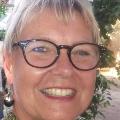
Lena Andersson - Lecturer/Assistant head of dep.
lena.andersson@mau.se
+46 40 665 81 27
-
HA
Haddel Ali Shoker - Laboratory engineer
haddel.shoker@mau.se
+46 40 665 74 78
-
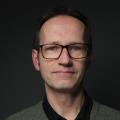
Ingemar Einarsson - Service technician
ingemar.einarsson@mau.se
+46 40 665 84 26

Huda Alhadi Alhasani

Christian Andersson

Vildana Basic

Peter Bengtsson

Sanne Björklund
Lisa Björklund Boistrup

Paul Clucas

Eva Davidsson

Lucely Figueroa Suarez

Rebecka Fingalsson

Pernilla Granklint Enochson

Helen Hasslöf

Hanna Hofverberg
Ingvar Holm
Annika Karlsson

Dorota Lembrer

Johan Lind

Mats Lundström
Johan Nelson

Jöran Petersson

Valentina Pivotti
Agneta Rehn

Helena Roos

Ulrika Ryan

Per Schubert

Margareta Serder

Maria Silwer

Marie Sjöblom

Petra Svensson Källberg







